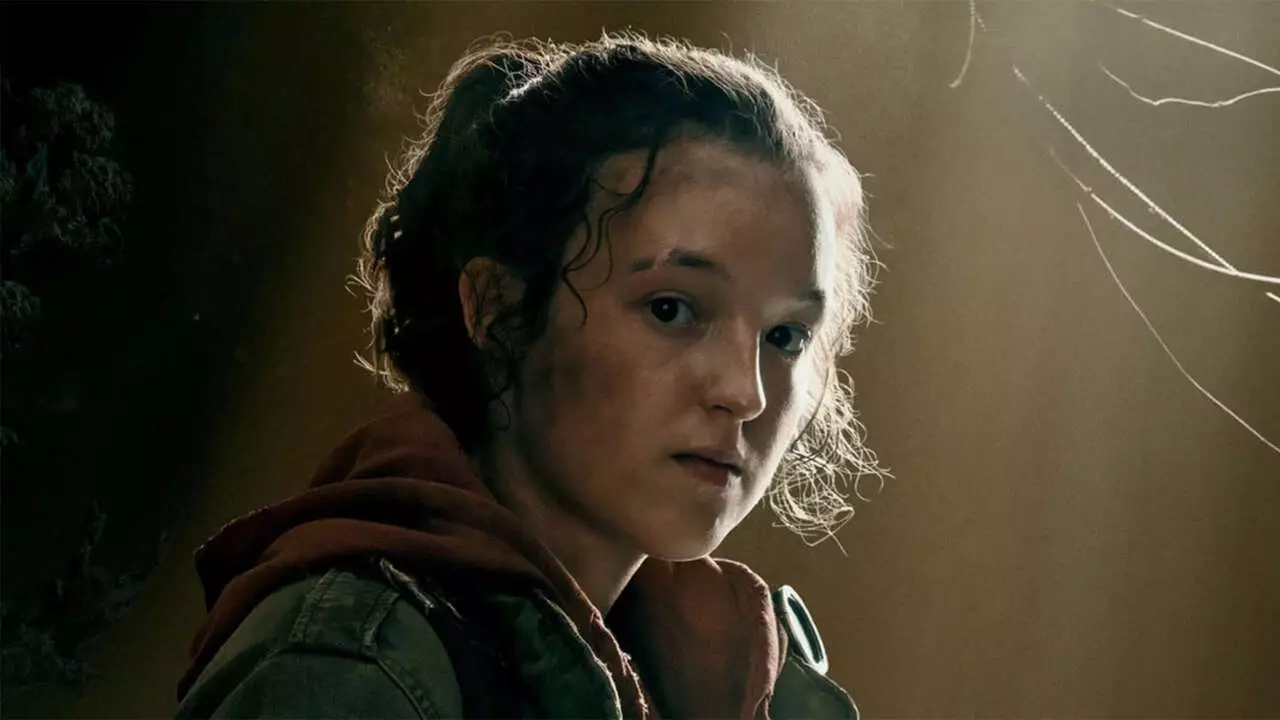The departure of Neil Druckmann from the creative helm of HBO’s *The Last of Us* marks a pivotal moment for the series’ future. As a co-creator of the original video games and the driving force behind the adaptation, Druckmann’s exit signals more than just a personnel change; it embodies a shift in creative direction that could influence the show’s narrative integrity and overall vision. While his decision to focus on Naughty Dog’s upcoming projects is understandable, it raises questions about the series’ continuity and the preservation of its original essence.
Druckmann’s influence on *The Last of Us* cannot be overstated. His intimate knowledge of the source material and his artistic sensibilities helped craft a compelling adaptation that resonated deeply with fans. His departure risks creating a void in creative leadership, which could lead to divergent storytelling or tonal shifts if not managed carefully. Moreover, the decision underscores the delicate balance between adapting beloved content faithfully and evolving it creatively to suit television’s unique storytelling demands.
From Video Game Innovation to Small Screen Excellence
Druckmann’s work on *The Last of Us* has exemplified how video game narratives can transcend their original medium when expertly adapted. His partnership with Craig Mazin—a highly regarded screenwriter behind acclaimed series like *Chernobyl*—was innovative, blending interactive storytelling with cinematic grandeur. This collaboration resulted in a series that not only appeals to gamers but also attracts newcomers who appreciate high-quality storytelling.
The shift in creative leadership warrants a reflective examination of how adaptation processes might evolve. While Druckmann’s deep involvement contributed to the series’ authenticity, his absence may necessitate new creative voices who can uphold the series’ standards while injecting fresh ideas. This transition is especially critical given the upcoming shift in perspective from Ellie to Abby, which promises to challenge viewers’ sympathies and deepen narrative complexity. Success in this regard hinges on consistency and a shared vision, elements that Druckmann’s leadership helped solidify.
Future Directions: Season 3 and Beyond
Despite Druckmann’s departure, optimism remains within the production community. Mazin has expressed a commitment to maintaining the high standards established so far and continuing to deliver compelling stories. The announced focus shift to Kaitlyn Dever’s Abby indicates a willingness to explore challenging moral terrains, a hallmark of the original game’s storytelling. These narrative risks could either elevate the series or strain its coherence, depending on execution.
HBO’s cautious approach in not immediately confirming additional seasons demonstrates a strategic pause, perhaps to reassess creative leadership and story direction. The expectation that a fourth season will conclude *Part II* suggests a well-planned roadmap, but it also puts pressure on the remaining team members to honor the original vision without Druckmann’s constant guidance.
While Neil Druckmann didn’t explicitly rule out *Part III*, such a project remains unconfirmed, leaving open the possibility of future expansions or standalone stories. His current focus on Naughty Dog’s next game, *Intergalactic: The Heretic Prophet*, emphasizes his ongoing commitment to innovative storytelling in the gaming industry, which might eventually influence the series’ evolution in unforeseen ways.
The Broader Implications for Adaptations and Creative Control
Druckmann’s exit exemplifies a broader tension within content adaptations: the need for a steady creative vision versus the dynamic demands of television production. When original creators step away, the risk of divergence grows, potentially alienating fans or diluting the narrative’s emotional impact. However, it also opens doors for new voices to reinterpret and expand on beloved stories, provided they respect the foundation.
The collaborative relationship between Druckmann and Mazin illustrated that successful adaptation depends on mutual respect and shared passion. Their partnership fostered a series that felt authentic yet fresh. Moving forward, the series’ success will hinge on whether new leadership can navigate the delicate process of maintaining authenticity while evolving the storytelling to suit a broader TV audience. This transition embodies the ongoing challenge of translating interactive, player’s-driven narratives into linear, visual storytelling—an endeavor that requires both reverence for the source material and innovative courage.
By stepping back from the forefront, Druckmann allows room for new ideas and directions, but it also puts the onus on the remaining team to sustain the integrity and emotional resonance that made the show a hit. His absence underscores the fragility of creative synergy in adaptations and highlights the importance of nurturing new leadership capable of carrying the torch without compromising the essence of the original masterpiece.

